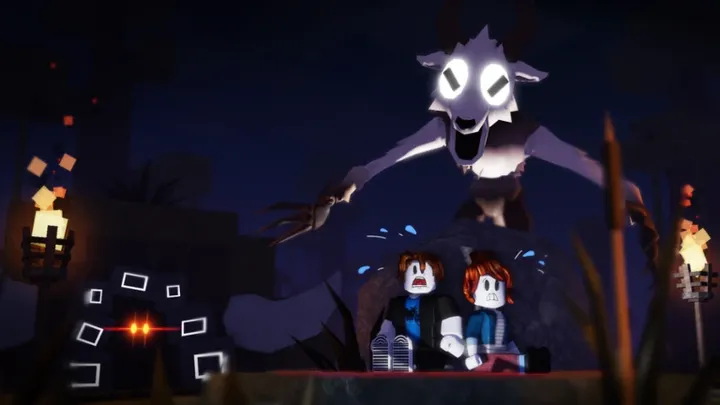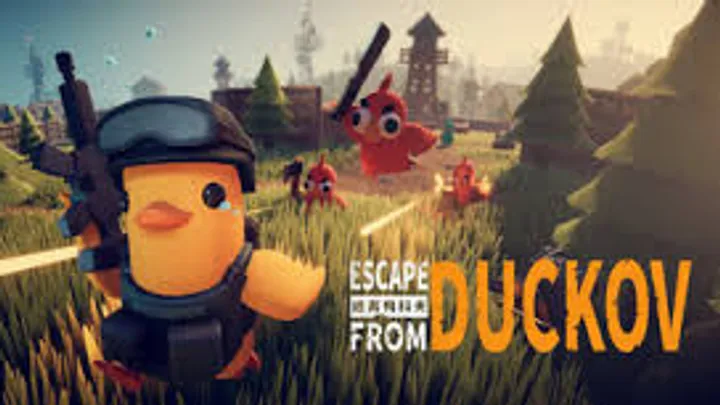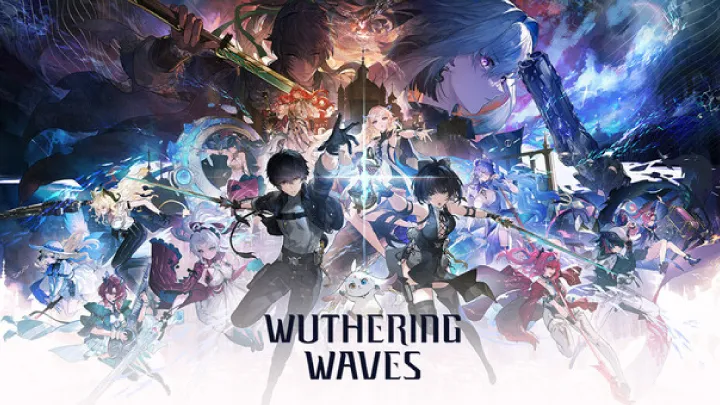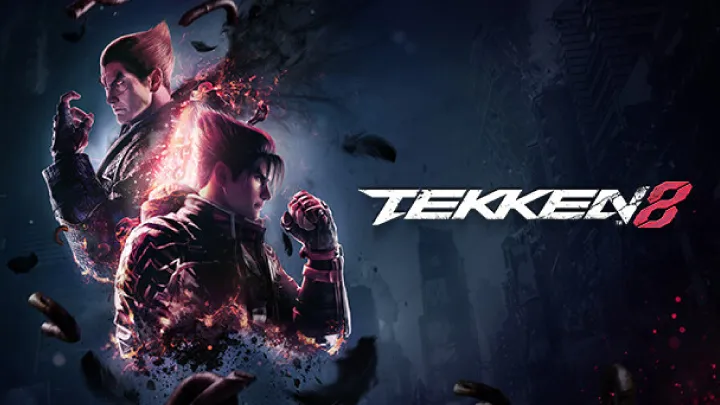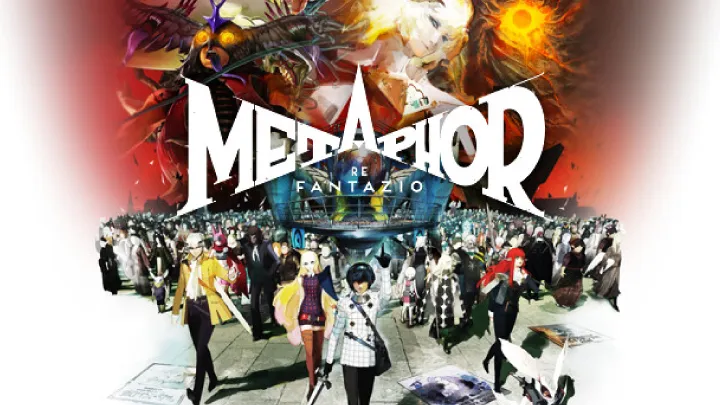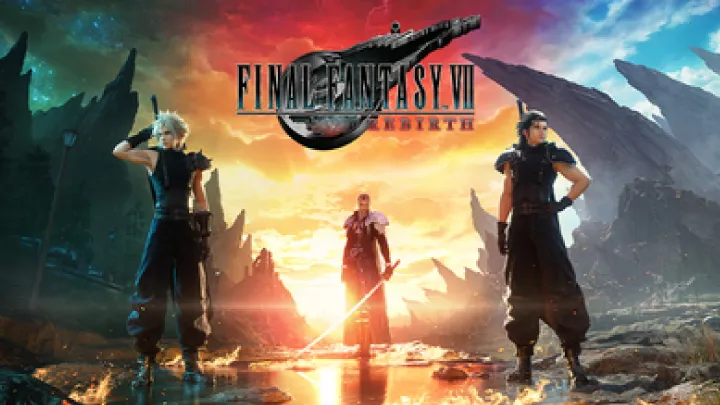Metaphor ReFantazio is a fantasy RPG created by Atlus, known for deep worlds, complex combat systems, and narrative choices that shape the player journey. Learning how to master this game requires an understanding of party development, world navigation, combat rhythm, psychological themes, and decision making. This guide explains step by step how to improve, progress efficiently, and experience the game at its fullest.
The game blends traditional JRPG structures with time management, dungeon crawling, and symbolic storytelling. Players quickly realize that thriving in this kingdom requires both strategy and emotional intuition. This guide breaks down everything from the opening hours to late game mastery, ensuring you approach the world with confidence.
By the end, you will understand how to build your character, form your party, explore safely, manage resources, and handle combat scenarios that test your knowledge.
Understanding the World of Euchronia
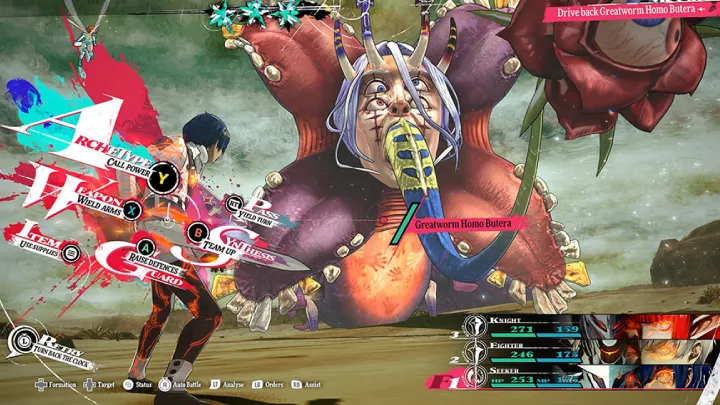
Metaphor ReFantazio takes place in a kingdom shaped by beliefs, symbols, and social tensions. As a player, your journey depends on learning how its cultures and political systems interact. The different regions each carry unique conflicts, creating areas with their own hazards and rewards. Understanding these dynamics helps you predict enemy behavior, environmental risks, and NPC motivations.
The world reacts to your actions. Whether you support certain factions or take specific quests, the resulting political shifts affect difficulty, access to shops, and narrative branches. The key to mastering the world is recognizing that exploration is both physical and symbolic. Each area mirrors a psychological theme tied to your main character and their emotional growth.
Taking the time to speak to NPCs is crucial. Many of them share insights into factions, lore, and future threats. This not only deepens immersion but also helps unlock alternative paths. The more you learn about the world of Euchronia, the more prepared you become for the challenges ahead.
Building Your Archetype Effectively
Character archetypes determine your combat skills, personality growth, and special actions in both battle and story events. Choosing the right archetype early on shapes your playstyle. For beginners, selecting balanced archetypes helps you understand multiple systems without overwhelming you.
Archetypes evolve over time. How you behave in conversations, combat, and important quests can unlock new transformations, each offering abilities with emotional and symbolic significance. These evolutions represent psychological maturity, giving you more tools to respond to enemies and story events.
Building your archetype means focusing on synergy. Upgrading a single skill line rarely works; instead, combining multiple complementary skills allows your character to handle more diverse threats. Mastery emerges when your choices reflect both mechanical strategy and character identity.
Forming the Best Party Composition
Your party consists of characters with distinct emotional strengths, weaknesses, and combat roles. Understanding how their abilities complement your own is essential. Balanced teams typically include attackers, defenders, and support roles, but you can also experiment with specialized configurations to suit difficult encounters.
Each party member comes with personal storylines. Advancing these arcs strengthens them mechanically and emotionally. A character that resolves personal conflicts gains improved abilities that significantly impact battle scenarios. Therefore, building strong relationships does more than improve dialogue; it increases combat potential.
When forming your party, consider synergy between archetypes. For example, pairing a high speed attacker with a support character who boosts agility creates powerful chain effects. Crafting a party that understands each other symbolically and mechanically gives you an advantage throughout the game.
Mastering the Combat System
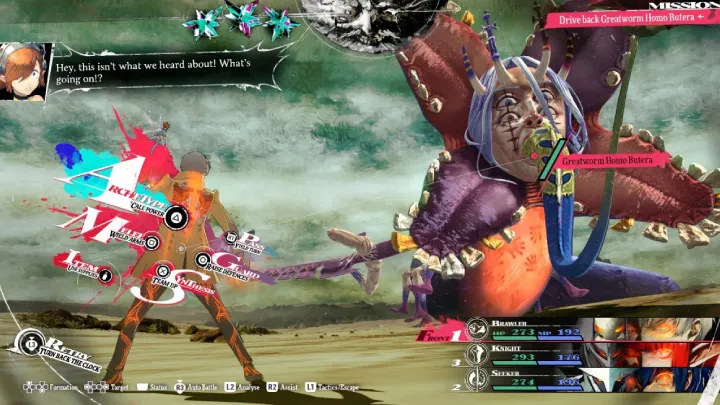
Combat in Metaphor ReFantazio blends turn based structure with fast decision cycles. Understanding weaknesses is the foundation of battle success. Each enemy has vulnerabilities that, when exploited, give you extra advantages, such as additional turns or combo damage.
Status effects matter greatly. Many enemies can disrupt your rhythm through fear, confusion, or magical seals. You must learn which actions counter these disruptions and which abilities maintain team stability. Good players anticipate problems before they occur.
Managing turn flow is vital. Successful players know when to defend, when to heal, and when to take risks. A carefully timed offensive strike can completely reverse a losing battle. Mastering the rhythm of combat means predicting enemy cycles and using your archetype abilities to control the battlefield.
Navigating Dungeons Safely and Efficiently
Dungeons in the game are layered with traps, psychological symbolism, and enemy patterns. They require gradual exploration. Rushing often leads to resource loss or ambushes. Instead, take time to listen for sound cues, observe environmental symbols, and monitor enemy behavior.
Managing stamina and resources is essential. Healing items are limited, and certain abilities consume mental strength. Balancing exploration with rest points helps you sustain long runs without needing constant retreats.
Some dungeons include branching paths tied to emotional themes. Choosing which path to take determines the type of loot you receive and which story outcomes unlock. Learning how to interpret clues in the environment makes progression smoother and more rewarding.
Managing Time, Resources, and Activities
Time management is a defining mechanic. Many activities outside combat, such as studying, bonding, training, and resting, consume in game hours. Proper planning ensures your character develops evenly across emotional, physical, and magical attributes.
Each activity has benefits. Rest restores mental strength, training increases battle readiness, and social interactions deepen relationships. Selecting the right activity at the right time gives you the best long term progression.
Resource management is equally important. Items, money, equipment, and magical components must be allocated wisely. Never spend everything in one place. Successful players build reserves for tough story battles and unexpected dangers.
Improving Social Bonds and Emotional Growth
Relationships form the emotional backbone of the game. Spending time with specific characters unlocks new abilities, secret skills, and narrative routes. These bonds affect everything, from combat effectiveness to dialogue branches.
To build meaningful connections, you must respond authentically. Characters react differently to choices, and understanding their motivations is the key to strengthening relationships. Many story arcs require empathy, patience, and attention to detail.
Emotional growth is tied directly to archetype evolution. As your character gains confidence or confronts fears, new abilities awaken. This creates a cycle where emotional mastery fuels mechanical strength.
Preparing for Boss Battles
Boss fights test your knowledge of mechanics, synergy, and preparation. Each major boss comes with a symbolic nature tied to narrative themes. To defeat them, you must understand both their attack patterns and their emotional meaning.
Preparation involves analyzing weaknesses, adapting your party, and equipping items that counter their most dangerous abilities. Bosses often use status effects that target your weakest emotional traits, so balancing your team is critical.
During the fight, patience is key. Many bosses enter multiple phases, each requiring adjustments. Good timing and adaptability will determine your success.
Exploring Side Quests, Secrets, and Hidden Content
Side quests expand the world by offering deeper lore, unique rewards, and alternate endings. Completing them helps strengthen your party while uncovering the emotional themes of different characters.
Most optional missions are linked to symbolic storytelling. Paying attention to small details in dialogue or environmental hints helps you discover secrets that others may miss. Hidden dungeons, rare items, and secret boss encounters are worth the effort.
Exploring side content makes the main story easier and richer. Completing everything also unlocks powerful archetype evolutions and late game bonuses.
Reaching the Ending and Preparing for Post Game Content
The ending of Metaphor ReFantazio depends on your decisions, relationships, and emotional growth. Multiple endings exist, reflecting different philosophical conclusions you reach through your journey.
Once the story concludes, new challenges appear in post game content. Stronger enemies, expanded dungeons, and new archetype evolutions await those who continue.
Players who complete post game challenges achieve full mastery of the world, characters, and symbolic mechanics. This final stage tests everything you have learned.
Conclusion
Mastering Metaphor ReFantazio requires understanding its world, developing emotional intuition, and improving strategic skills. The game invites players to explore a realm shaped by psychology, identity, and symbolic conflict. Through careful planning, strong relationships, and deliberate decision making, you can fully unlock its depth and beauty.
No element of the game exists in isolation. Combat, exploration, relationships, and personal growth blend together to create an unforgettable experience. By following the guidance in this article, you will be prepared for every challenge and ready to shape your own destiny in the kingdom of Euchronia.
Summary
A complete guide to mastering Metaphor ReFantazio through exploration, combat strategy, emotional growth, party synergy, and decision making across the entire journey.
